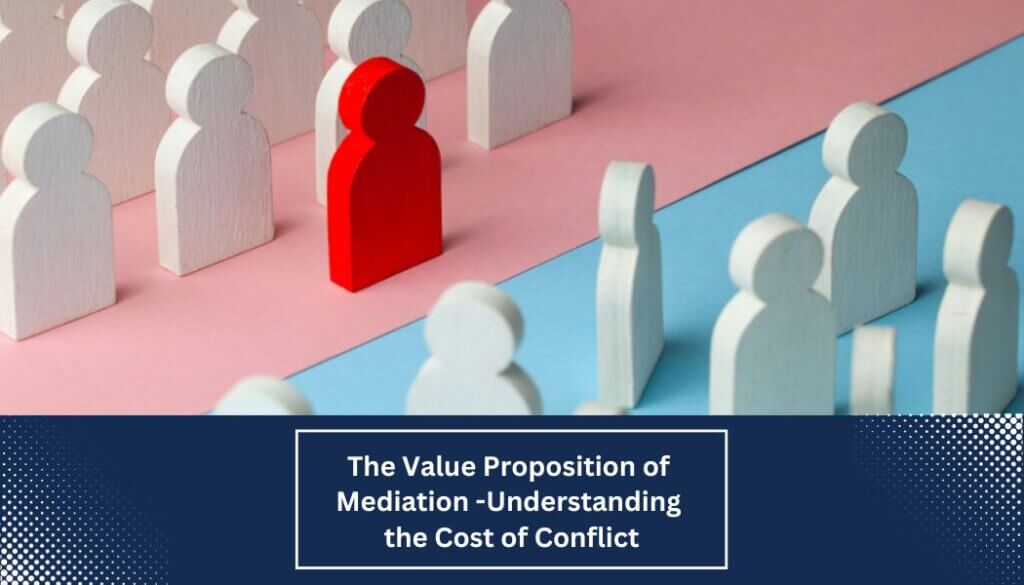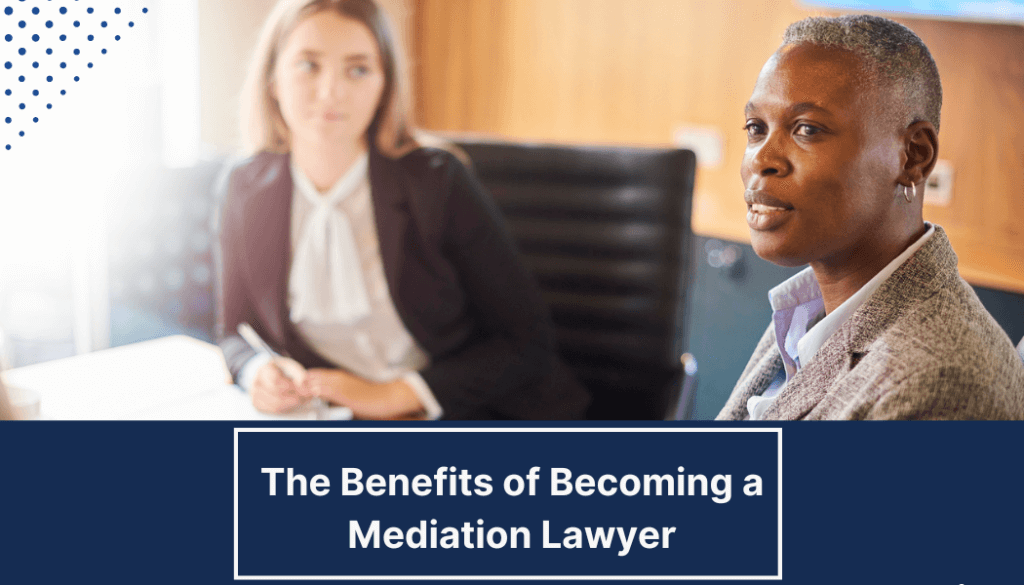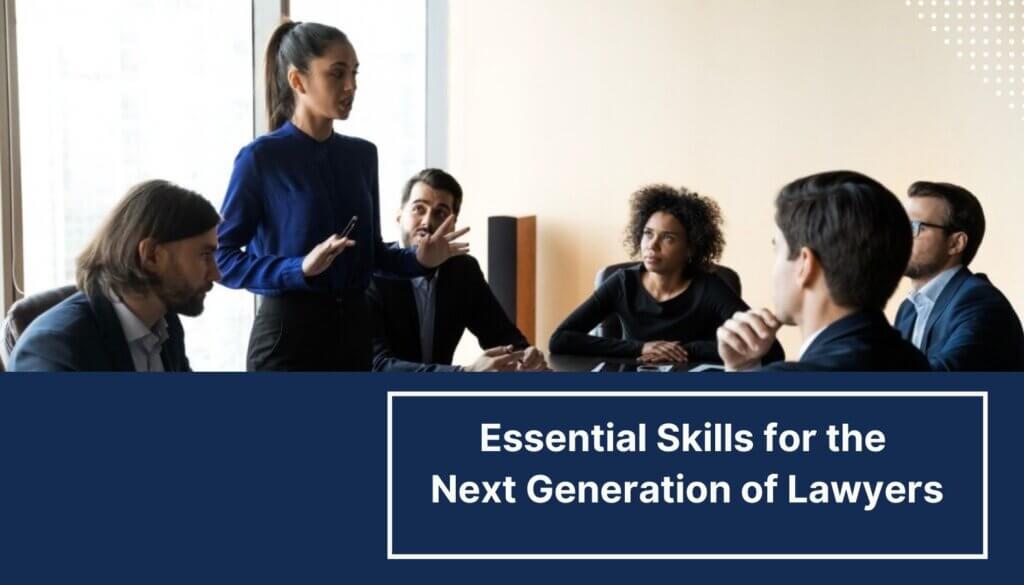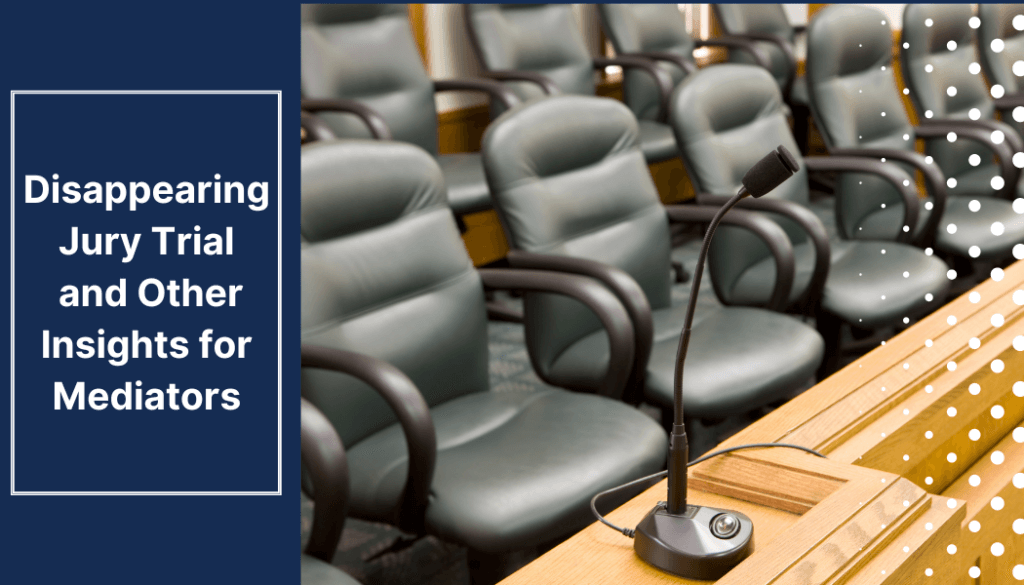The Value Proposition of Mediation – Understanding the Cost of Conflict

What is The Cost of Conflict? Conflict is a naturally occurring part of the human condition. When managed properly, conflict can lead to personal growth and development by forcing us to navigate different perspectives, think more creatively, and broaden our collective vision. Yet, there is a cost of conflict; therefore, many individuals ignore it in […]
The Benefits of Becoming a Mediation Lawyer: Advantages, Skills, and Opportunities

Why do litigators need to become better mediation lawyers? Even though the number of civil cases that are resolved through mediation (and other forms of alternative dispute resolution) has soared, and the cases that end in a jury trial have drastically declined, not many litigators have acquired the skills needed to be effective mediation lawyers. […]
Essential Skills for the Next Generation of Lawyers

Many of us go to law school to become trained as litigation advocates, where our studies are focused on the knowledge and skills needed to represent clients before a judge or jury. Today, however, the opportunities to represent clients in a jury trial are diminishing. By some estimates, less than 1% of civil disputes today […]
The Disappearing Jury Trial and Other Insights for Mediators

Thirty years ago this past week, I walked away from my partnership in a San Francisco litigation firm to develop a market for a decidedly different approach to dispute resolution, a process called mediation. As I’ve recounted hundreds of times in the decades since, the genesis of my career shift was fueled by dissatisfaction with […]
Mediation Advocacy: Q&A

Thanks to everyone who joined us for our open quarterly webinar on May 27th! We did not have time to address all questions that came through during the webinar, so we sat down with Bruce Edwards and addressed each and every one of those unanswered questions here. Did you enjoy the webinar? In addition to […]